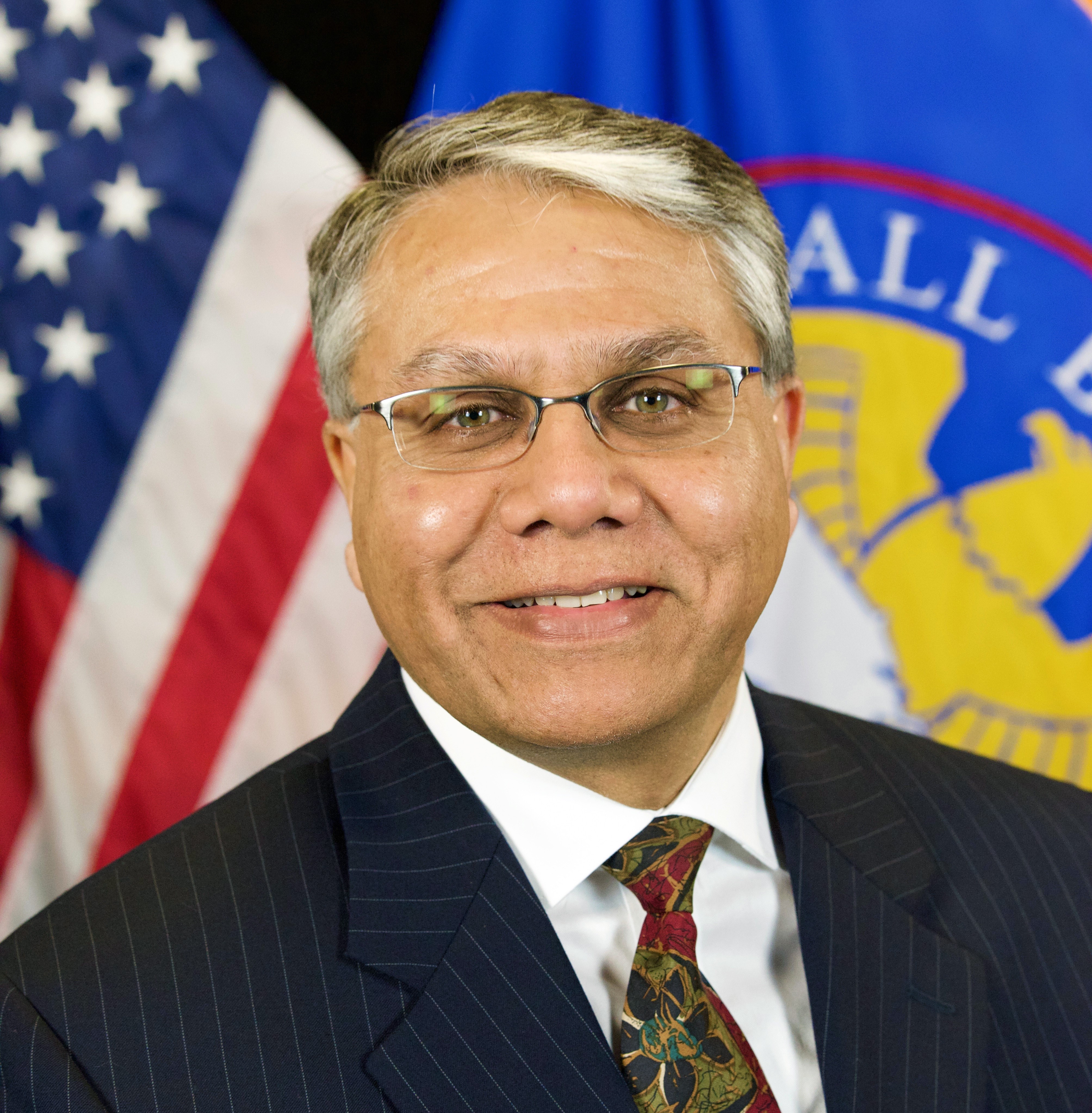Hubbard Radio Washington DC, LLC. All rights reserved. This website is not intended for users located within the European Economic Area.
On Air: Federal News Network

Right data is key to equitable access to government programs and fraud prevention
August 5, 2021
Experts from the Small Business Administration, Department of Homeland Security, General Services Administration and LexisNexis Risk Solutions will explore how agencies are approaching fraud prevention.
Date: On Demand
Duration: 1 hour
Cost: No Fee
Trillion-dollar government programs rushed into law and offered to the public in a hurry – they’re a recipe for fraud and abuse. With up-to-date identity and credentialing techniques, agencies have been able to minimize fraud while achieving the equitable distribution of benefits Congress intended for the pandemic relief programs. At a minimum, programs should require two-factor authentication and, when people enroll, use of threat metrics and third-party data to verify IDs.
For how agencies are approaching fraud prevention, Federal News Network and asked a panel of federal practitioners and industry represented by LexisNexis Risk Solutions.
Among the agencies with the biggest identity challenge: the Small Business Administration, because of the pandemic response and economic relief programs funneled through SBA to millions of small businesses. Chief Technology Officer Sanjay Gupta pointed out that SBA must deal with two levels of identity.
“First is an individual identity,” Gupta said, “for example, I’m John Doe, and validating that I am indeed John Doe. The second aspect of identity is about an organization or a small business, in our case, and says ‘I’m Acme Corp.’ So how do you validate and say, ‘I am Acme Corp.’”
At the General Services Administration, John Yuda, the executive identity strategist, the focus is on balancing strong authentication and verification against ensuring people who are entitled to government program benefits can get them. This work happens in the context of a global threat environment.
Yuda said, “The United States, as, as the most generous nation on this planet, is also probably the greatest target for thieves and identity fraudsters across the globe.”
Two factor authentication is making the use of biometrics more common. Patrick Nemeth, the Identity Operations Division Director in the Office of Biometric Identity Management at Homeland Security, said agencies are sharing more and more biometric information. They’re using it to track down stolen identities, or stopping people from changing identities for, say, criminal evasion.
Agencies have a range of new technological approaches available. Gupta cited application programming interfaces to data service providers. “You send a set of attributes. And they send back a confidence level score to say, yes, we can say with this confidence level that this entity identity is a good entity, or maybe it’s not a good entity.”
Andrew McClenahan, solutions architect for the government division at LexisNexis Risk Solutions, said agencies must automate decisions where policy is clear. For example, when geolocation services identify a benefits application as coming from outside the U.S., there’s no need for a person to review the “no” decision. And, he said, the best data used in identity and access management is constantly evolving, so agencies stay ahead of what becomes easily available on the dark web, and available to bad actors who spoof identities.
Check out the video webinar for more of the details on the latest best practices in equitable access and fraud prevention.
Learning objectives:
- Identity management overview in agencies
- Data and identity management solutions
- Equitable access for identity management
Complimentary Registration
Please register using the form on this page or call (202) 895-5023. Participants can earn 1 CPE credit in Information Technology. To receive CPE credit you must arrive on time and participate in the attendance surveys throughout the webinar. Certificates will be e-mailed to registrants. In accordance with the standards of the National Registry of CPE Sponsors, 50 minutes equals 1 CPE. For more information regarding complaint and program cancellation policies, please contact FederalNewsNetwork.com at (202) 274-4830. Due to this program being offered free of charge, there will be no refunds issued.
Additional Information
Prerequisites and Advance Preparation: Basic experience in federal IT recommended, but not required.
Program Level: Beginner
Delivery Method: Group Internet-Based Training
This program is sponsored by 
How to access the content: Please note, you may need to re-enter your registration information if you previously registered for this webinar and returned to page after clearing your cookies or using a private browser.
*Training certificates will be e-mailed to attendees after the event.
Federal News Radio, part of the Federal News Network, is registered with the National Association of State Boards of Accountancy (NASBA) as a sponsor of continuing professional education on the National Registry of CPE Sponsors. State boards of accountancy have final authority on the acceptance of individual courses for CPE credit. Complaints regarding registered sponsors may be submitted to the National Registry of CPE Sponsors through its website: www.nasbaregistry.org.
By providing your contact information to us, you agree: (i) to receive promotional and/or news alerts via email from Federal News Network and our third party partners, (ii) that we may share your information with our third party partners who provide products and services that may be of interest to you and (iii) that you are not located within the European Economic Area.
Please register using the form on this page.
Have questions or need help? Visit our Q&A page for answers to common questions or to reach a member of our team.
Speakers

Sanjay Gupta
Chief Technology Officer, Small Business Administration

Patrick Nemeth
Identity Operations Division Director, Office of Biometric Identity Management, Department of Homeland Security

John Yuda
Identity Strategist, Identity Portfolio, Technology Transformation Services, General Services Administration

Andrew McClenahan
Solutions Architect, Government Division, LexisNexis Risk Solutions

Tom Temin
Host, The Federal Drive, Federal News Network
By providing your contact information to us, you agree: (i) to receive promotional and/or news alerts via email from Federal News Network and our third party partners, (ii) that we may share your information with our third party partners who provide products and services that may be of interest to you and (iii) that you are not located within the European Economic Area.
